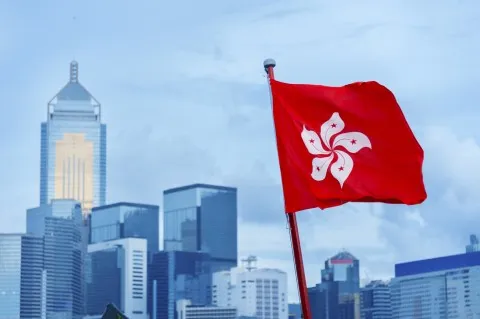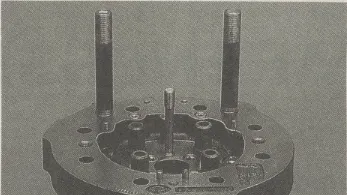
Hong Kong's stamp duties fail to curb surge in property prices
Prices have edged 0.5% higher.
JLL’s mass residential capital value index climbed 0.5% over the last two months, according to JLL’s Residential Sales Report.
The stamp duty hike to 15% on all residential transactions failed to curb the upward trend of property prices.
The stamp duty hike to 15% on all residential transactions is expected to deter overseas and local investors from investing in the city. These barriers to entry are higher than any other global city in the world, including London, Paris, New York, Sydney, Singapore, Berlin and Vancouver.
Here's more from JLL:
From the December-released figures from the Land Registry, home sales decreased by 47.3% to 3,550 in November from October levels following the spicy measure announcement.
The government’s aim at cooling an overheated market, in terms of housing prices however, can be considered a failure. Mass residential prices have failed to lose steam, edging 0.5% higher over the last two months according to JLL’s Mass Residential Capital Value Index, which is now up 120% since the Global Financial Crisis in 2008.
This further raises the question as to whether such demand-suppression measures have had much effect in helping more people achieve home ownership, an overarching theme in the government’s long-term housing strategy.
In his last policy address, the Chief Executive also mentioned that expensive land premiums constitute one of the biggest culprits in causing high property prices and suggested that increasing land supply could help tackle this issue.
With that said, the public land sales market has recently attracted greater interest from PRC contenders, whose participation in residential land sale tenders increased from 26% in 2013 to 65% in 2016. With most new market entrants still willing to pay top-dollars to plant a flag in the city, the increased provision of land sites for sale may not be able to provide a relief to land prices in the immediate future.








![Cross Domain [Manu + SBR + ABF + ABR + FMCG + HBR + ]](https://cmg-qa.s3.ap-southeast-1.amazonaws.com/s3fs-public/styles/exclusive_featured_article/public/2025-01/earth-3537401_1920_4.jpg.webp?itok=WaRpTJwE)









 Advertise
Advertise


